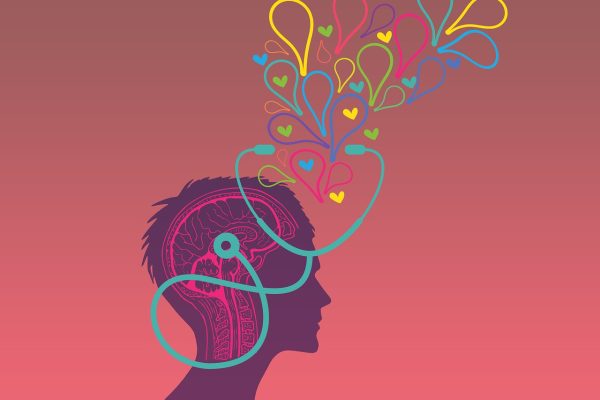Ginkgo Biloba is one of those things that pop ups regularly being proclaimed as the latest super herb. In fact, it’s the bestselling herbal supplement worldwide. But what exactly is it? What is it supposed to help? And how beneficial is it?
Originally from China, Japan and Korea, the Ginkgo is a large and long living tree — some specimens are well over 1000 years old! It’s considered a ‘living fossil’, meaning that it hasn’t fundamentally changed much for millions of years. It is slow growing and adapts well to its environment. It has also been cultivated in Europe and the US since about the mid-18th century.
The leaf and seeds have been used in traditional medicine for centuries. These days, you’re most likely to find Ginkgo in tablet form, which is an extract made from the plant’s leaves. Adults usually take 120 mg (one tablet) per day.
What are the benefits?
Ginkgo Biloba is an antioxidant, which means it may be able to help prevent damage to your cells, DNA, brain, and muscle tissue. Studies have shown that it can affect the diameter of blood vessels, so for this reason it has often been used to treat cardiovascular disease and ailments to do with poor circulation. It also has a long history in the treatment of asthma, epilepsy, tinnitus and even vertigo.
More recently, Ginkgo has become popular as a way to help boost memory and brain function. People find that it can help them with concentration and to help reduce anxiety. It has been linked to helping relieve symptoms for people with dementia, schizophrenia, autism, depression, anxiety and addiction.
Okay, so far it sounds amazing! But does this wonder plant really do all this?
Well, the jury is still out on this one. Yes, Ginkgo is definitely useful for circulation. When it comes to brain function, however, the science is less clear.
What does the science say?
Ginkgo has been used in Chinese medicine for thousands of years. For a lot of people, that’s enough evidence to prove that it works. Traditional medicines can often be found to have genuine benefits.
Several scientific studies which have looked into Ginkgo have found definite (although small) improvements for problems with circulation, for example, leg cramps.
When it comes to memory and brain function, it’s less clear. Measuring things like cognition is not easy. It can take years to get meaningful results and usually one study is not enough. That’s where meta-analysis comes in. This is where a researcher looks at several studies to see if there are any similarities. These meta-analyses show that, generally, people with dementia had some improved cognitive function while using Ginkgo. This doesn’t mean that it can prevent dementia, only that it can help reduce the symptoms.
Keep in mind that scientific studies are looking for general answers. Statistics don’t speak to an individual’s personal experience. Although most people won’t show improvements using Ginkgo, there may be one or two people who do.
So should you take it?
Anecdotally, people seem to get some benefit from using Ginkgo as part of their regular diet. They claim that it helps to improve their focus and reduce anxiety.
If you feel that your brain could do with a boost, then it’s possible that Ginkgo could be helpful for you. People seem to see results within eight weeks. If you haven’t noticed any improvements in that time, then there’s no reason to keep taking it. If however you find that it does work for you, then happy Ginkgo-ing!
Of course, check with your doctor first, especially if you’re on any blood-thinning medications (like aspirin) and make sure you’re not allergic. The known side effects are relatively rare but more research needs to be done in this area.





